- Professor Sven Bestmann
Professor Bestmann's academic profile
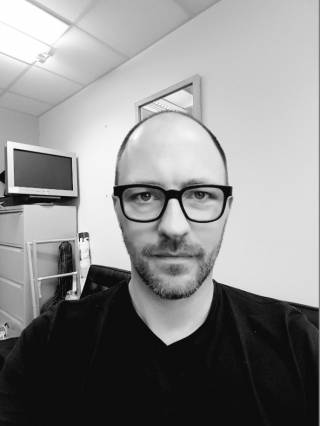
- Professor Nick Ward
Professor Ward's academic profile
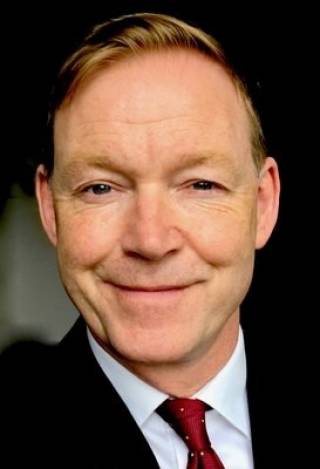
- Dr Catharina Zich
I am a postdoctoral researcher with Prof. Nick Ward and Prof. Sven Bestmann at UCL (Department of Clinical and Movement Neurosciences) and an honorary member of the University of Oxford (Nuffield Department of Clinical Neurosciences).
My main research aim is to advance our understanding of movement-related brain activity to facilitate human motor plasticity. To this end I use a suit of neuroimaging techniques, whereby my key methods are EEG and MEG. I am part of the BEST project, which is funded by Brain Research UK.
During my PhD (2013-2017) at the University of Oldenburg with Prof. Stefan Debener and Dr. Cornelia Kranczioch I used EEG-based neurofeedback and tDCS to modulate movement-related neural activity in younger and older healthy adults as well as in stroke survivors. As a postdoc (2017-2019) with Prof. Charlotte Stagg (University of Oxford) I applied Hidden Markov Modelling to characterise movement-related changes in cortical beta and gamma activity.
More details including publications can be found in my IRIS profile
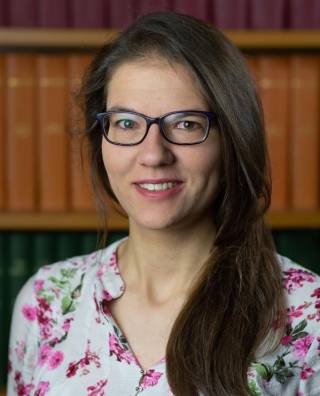
- Dr Carys Evans
My main research aim is to explore interventions in pathology and healthy ageing. During my PhD and postdoctoral research, I have focused on upper limb impairments following stroke and whether motor skill learning can be enhanced with brain stimulation. Currently, I am investigating how cortical excitability changes after stroke and whether brain stimulation can reliably enhance brain plasticity when dose-controlled. My postdoctoral research has also explored how effects of brain stimulation on mood and emotion processing might differ depending on individual differences. Please see my personal website for more information.
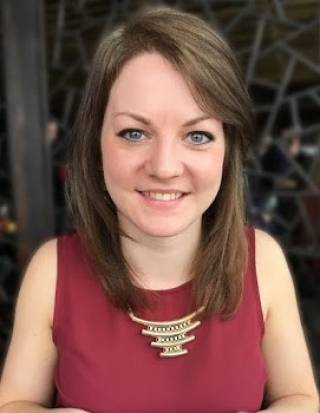
- Dr Lisa Tedesco Triccas
From working with neurological patients, I gained a passion to understanding and promoting recovery of the upper limb. As a result, from my research experience at doctoral and postdoctoral level, I have acquired experience using behavioral and neurophysiological measures, including EEG and TMS, in the acute and chronic stage of stroke to specifically understand and predict sensory and motor recovery of the upper limb. Using mixed methods, I have also been involved in research involving rehabilitation technologies such as robots and functional electrical stimulation to promoting arm and hand recovery in people with stroke and multiple sclerosis. Under the supervision of Prof Nick Ward and Prof Sven Bestmann, I will be running a randomized controlled trial involving the Queen Square Upper limb programme for people with chronic stroke with an integration of clinical, kinematic and neurophysiological tools.
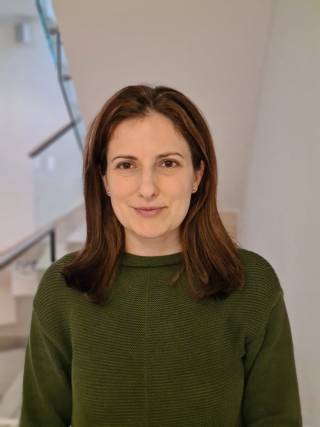
- Evridiki Gregoriou
My current interests are post-stroke motor rehabilitation, and how modern neurostimulation approaches could be used to support therapy. My PhD research is focused on using non-invasive brain stimulation, specifically, Transcranial Direct Current Stimulation (tDCS) to influence motor function. I use models of current flow to ask how dose-controlled application of tDCS can help deliver more reliable and reproducible stimulation.
Open Science Framework link to registered studies
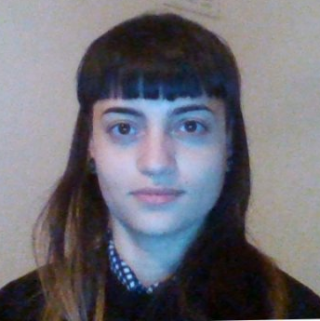
- Lydia Mardell
I am an MRC funded PhD student with Professor Nick Ward and Professor Sven Bestmann in the ARM lab. My research uses magnetoencephalography (MEG) and optically pumped magnetometers (OPM) to study the sensorimotor system. I am interested in how the signals recorded using these modalities, such as beta events, are generated within the brain and how they correlate to behaviour and plasticity. During my PhD I aim to discover how these signals are altered by drug-induced or disease brain states and what this may reveal about the underlying generators.
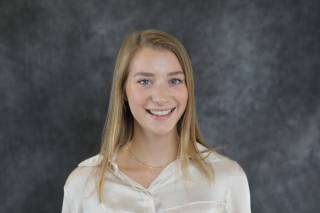
- Jenny Lee
My PhD research is focused on changes in cortical excitability after stroke, and how this might be important for recovery of upper limb function. I’m particularly interested in non-invasive brain stimulation and I like using current flow modelling to see where, and how much current might be flowing in the brain when stimulation is applied. I want to know if individualised delivery of tDCS could reduce variability in outcomes. Thanks to Brain Research UK for funding the project!
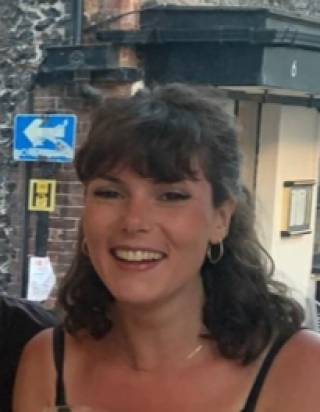
- Benjamin Beare
Ben Beare has worked at the National Hospital for Neurology and Neurosurgery as a Neurological Physiotherapist since 2011. He has developed a special interest in shoulder pain which is common complication of many neurological conditions. Ben is currently completing the final year of his Stroke Association funded PhD at the ARM lab, ‘Exploring bio-psycho-social factors in the onset and treatment of post stroke shoulder pain’.
- William Kistler
I am a PhD student studying jointly with Drs. Sven Bestmann of UCL and Leo Cohen of the NINDS. Broadly, my project examines how people with and without neurological damage control movement and learn new motor skills. Specifically, I study how and at what time humans optimize their movement during skill learning with behavioural, machine learning, and MEG methods to understand what a brain is actually processing when it “learns” a new motor skill. Understanding this process may allow us to implement more precise therapy for persons who wish to “re-learn” daily activities following stroke.
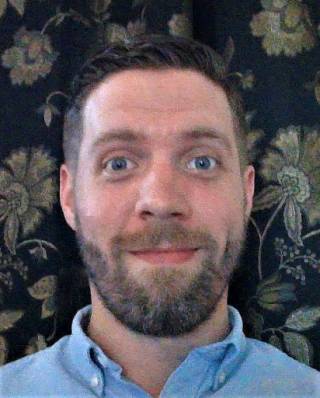
- Angelo Dawson
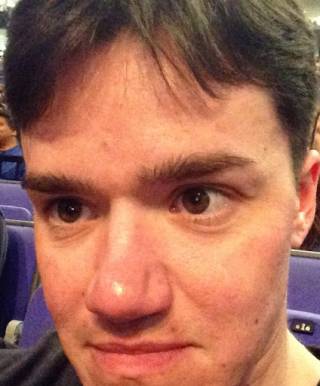
 Close
Close

